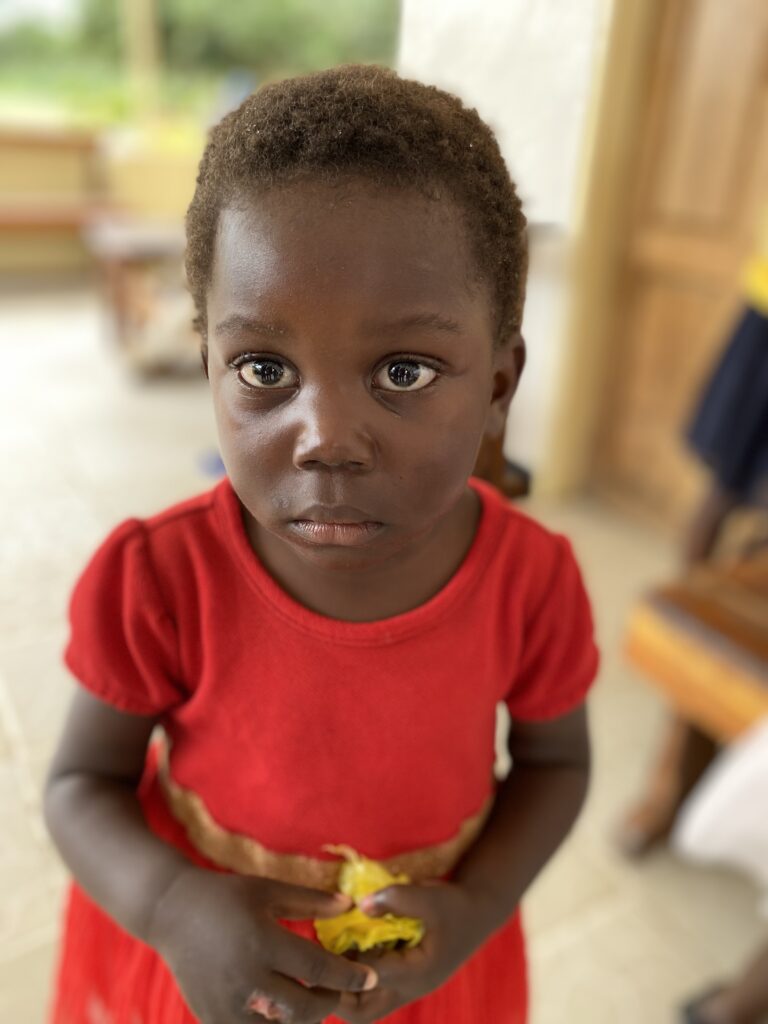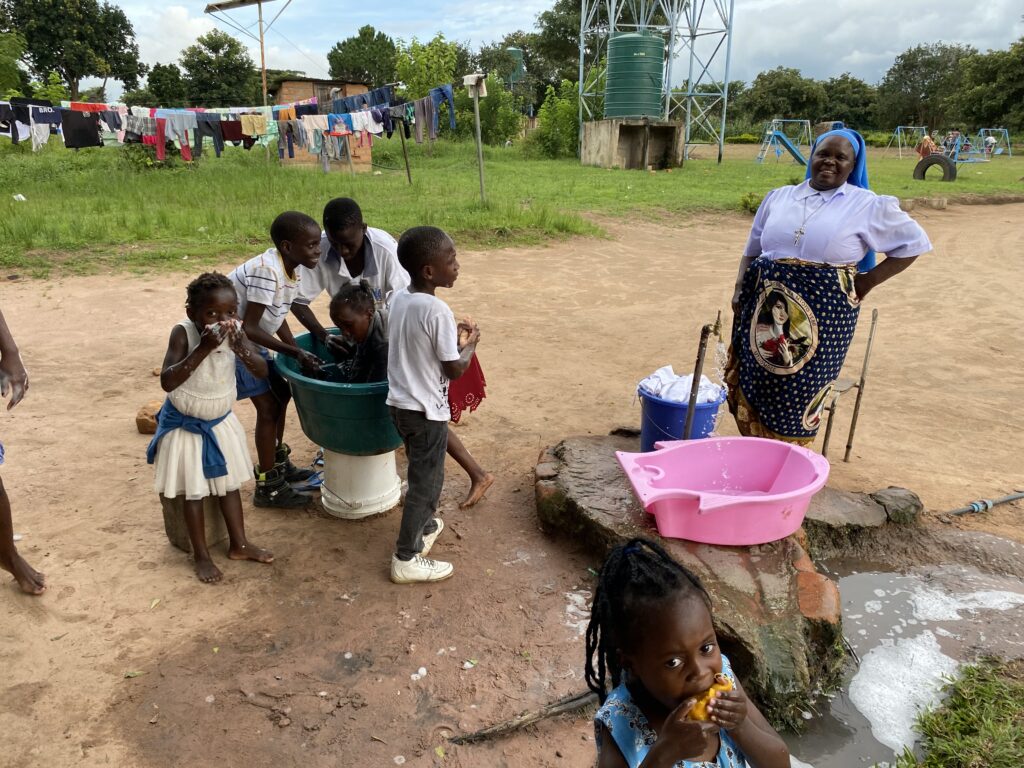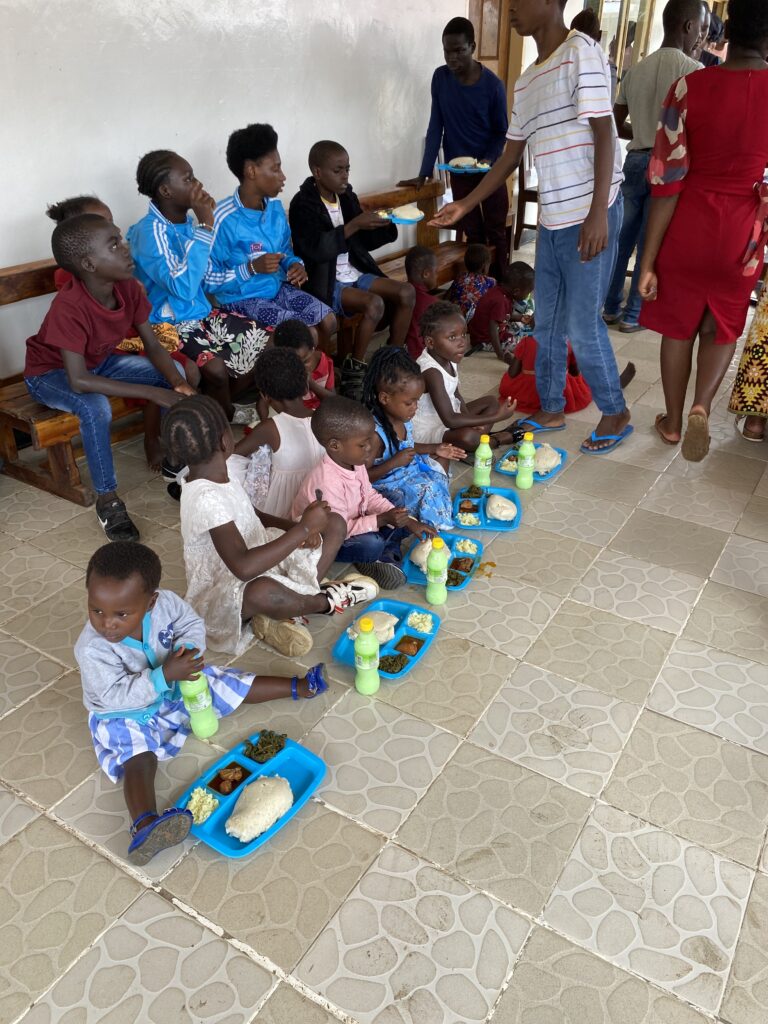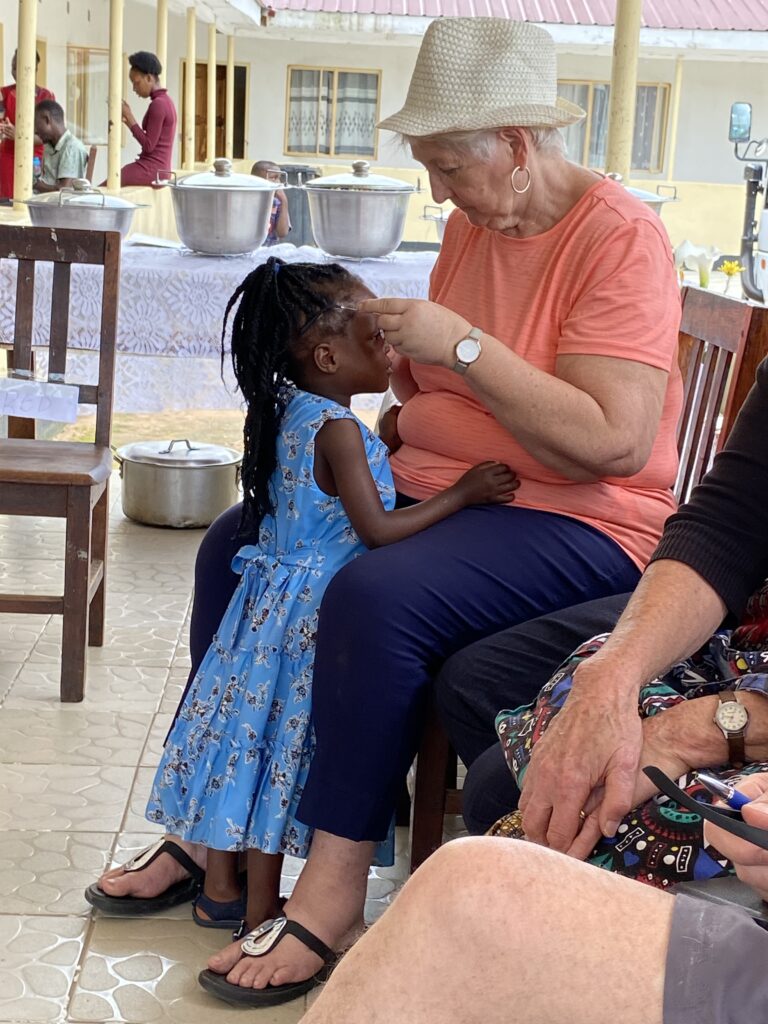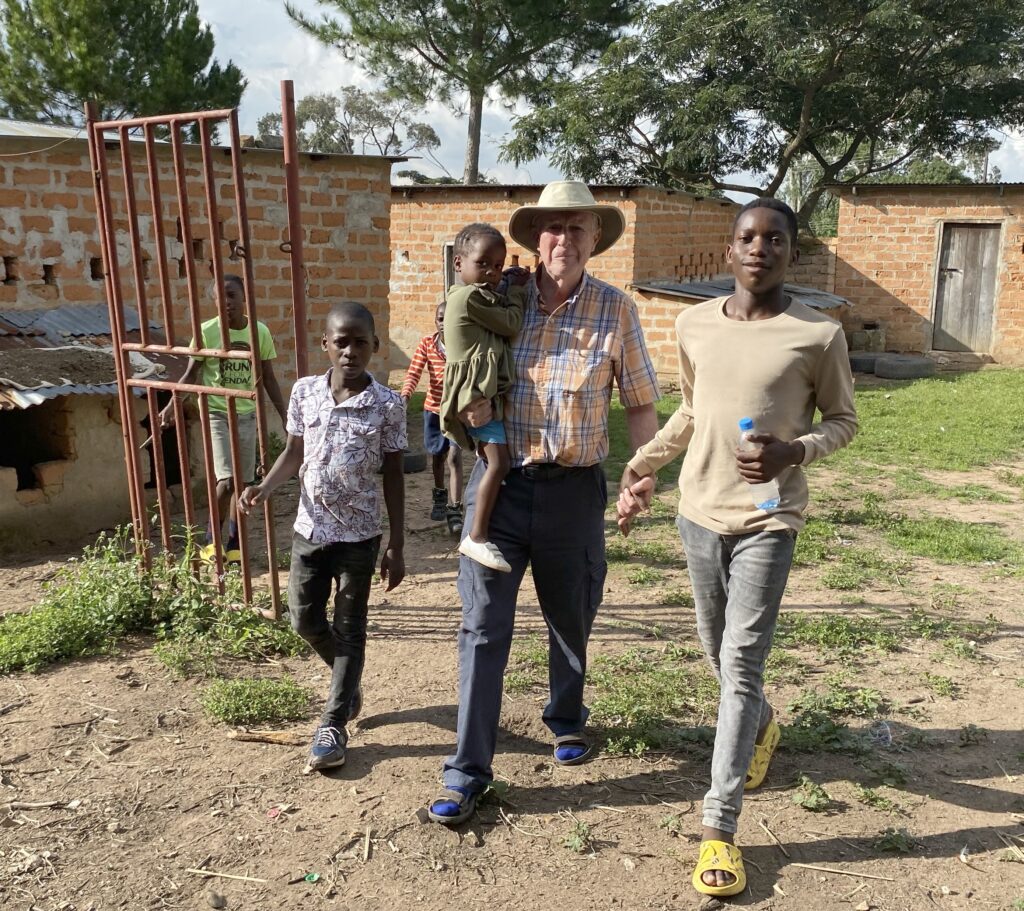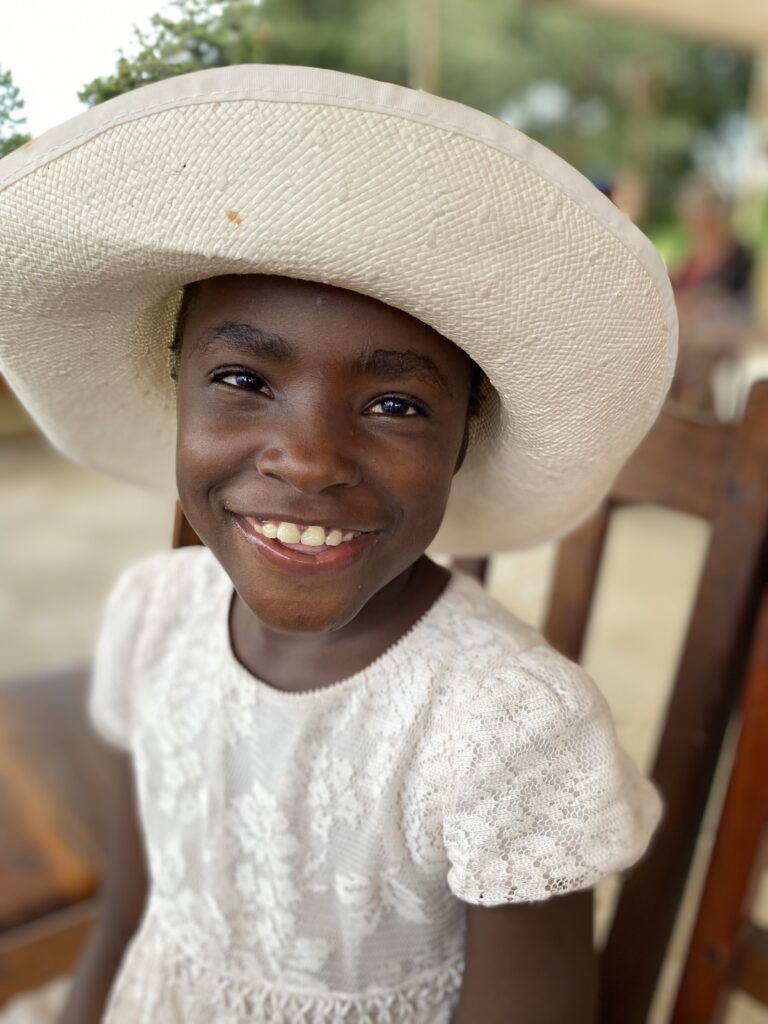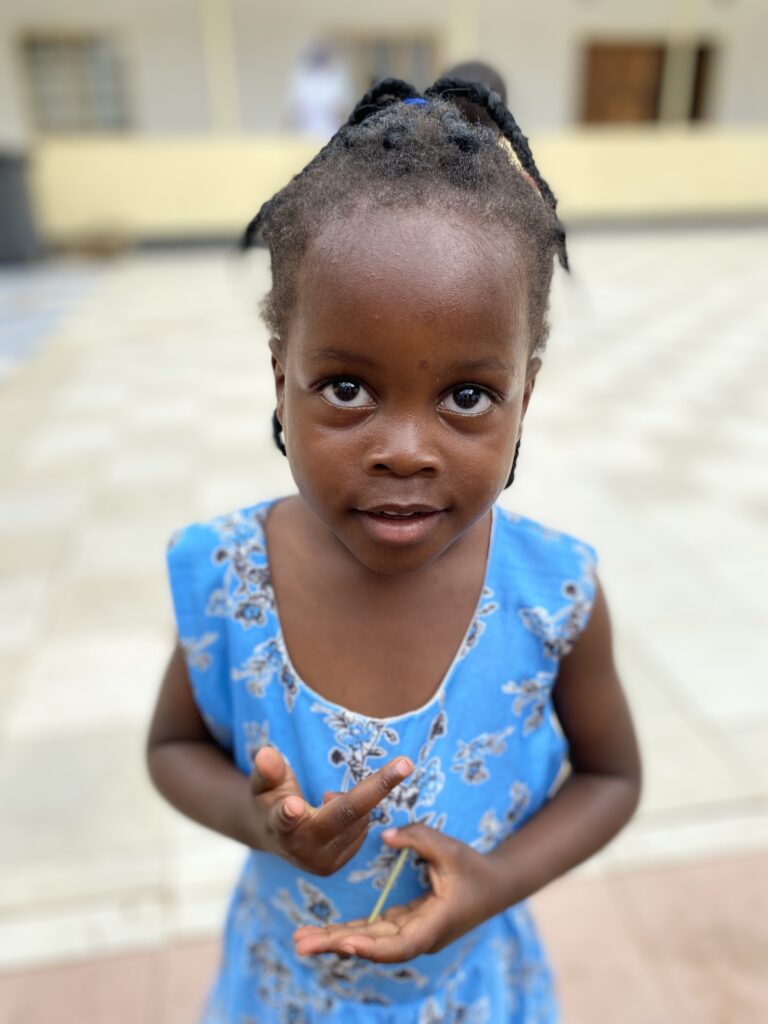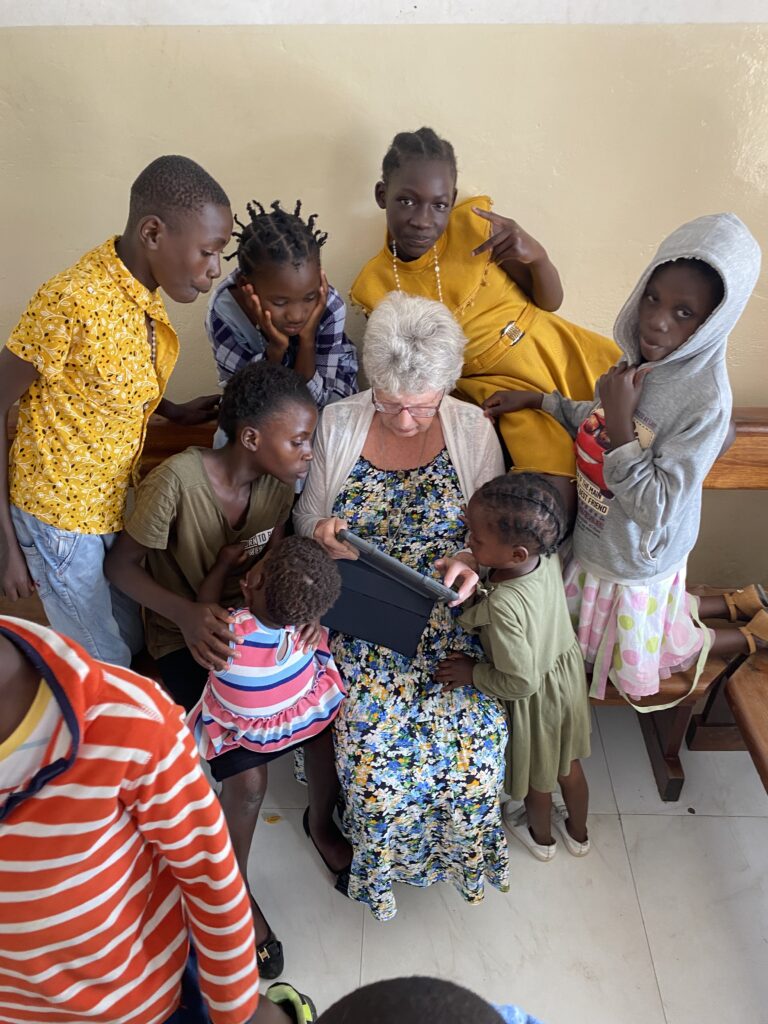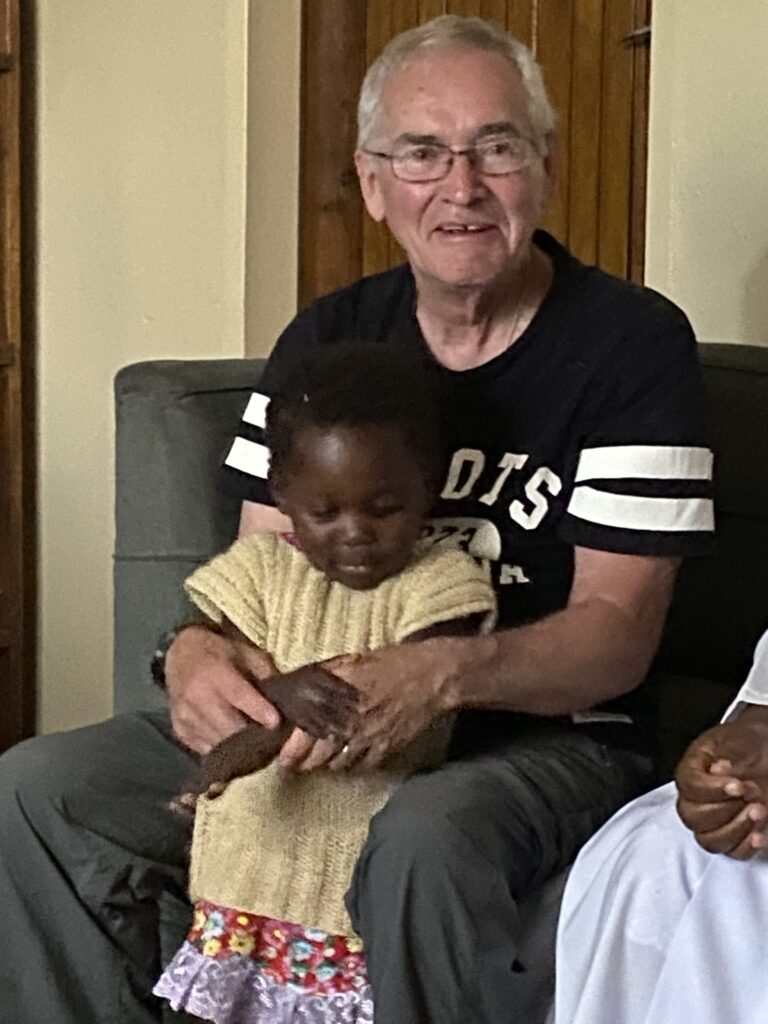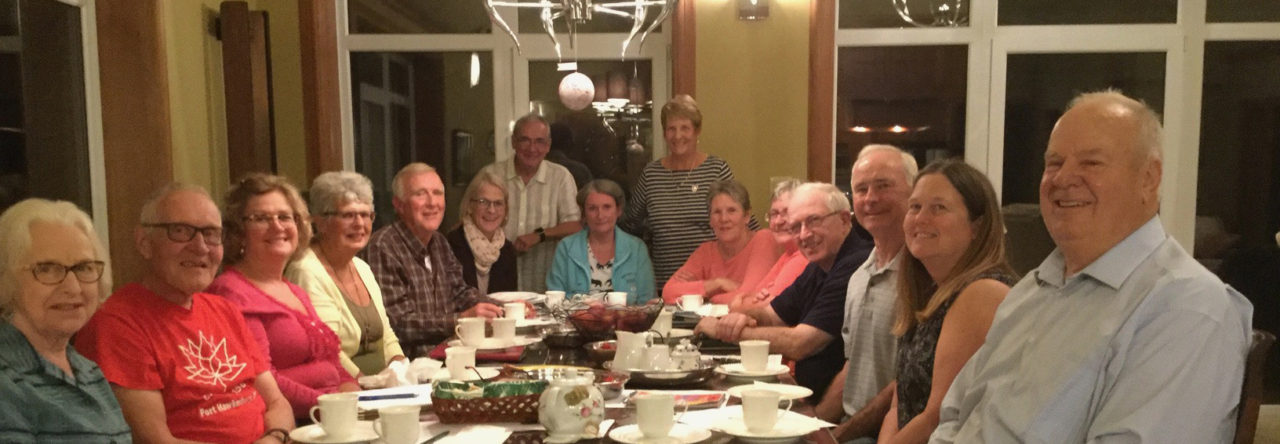Orphanages in Nova Scotia are a thing of the past, The last NS orphanages closed their doors in the late 60s and early 70s. The children were then transitioned into foster care replacing the orphanage setting.
There are over 1.2 million orphans in Zambia. These children cannot adequately get their basic needs met because there is a lack of government funding and support for these children.-” The Orphan Crisis: Zambia by Kaylin Schlonski.
This past January 2024, six Inverness County Cares members travelled to Zambia. In these six weeks we came across many cultural experiences. One of the most heart wrenching encounters were our visits to two orphanages.
We spent a day at the Kacema Musuma (Good Shepherd) Orphanage administered by the Sisters’ of the Child Jesus, the same order of sisters who direct the Kawambwa and St Odilia Schools. There are 48 children at the orphanage age 2-18. Many of these children were abandoned in horrific ways. There is a set of twins, triplets and twins who were conjoined at birth, but surgically separated later and a baby rescued from a drain pipe whose hearing was destroyed by mud impacted in her ears.
The younger students go to school on site and the post-secondary students attend technical or trade programs and return ‘Home” to the orphanage for holidays. The orphanage is their only home and there is almost no hope of adoption. Although they are cared for and loved by the sisters, it is hard to process the fact that these wonderful children will never have a loving home where they are cared for by their extended family, as is the norm in Zambia.
The orphanage is situated on a sprawling piece of land with huge gardens which the children help care for and run free as they play with goats, chickens, ducks, guinea fowl, rabbits and guinea pigs…all a source of food. Two dogs are on site as guard dogs. They have maize, sweet potatoes, beans, groundnuts, casava, squash, canola, orange trees, mango, banana, avocado trees and more. The children are taught how to care for a garden and are proficient in naming many plants and discerning the difference between a weed and a vegetable. Washing is done outdoors in a big tub and hung to dry in the yard. The sisters and children all participate taking some time to play with bubbles and water splashing. They are involved in cooking their meals, cleaning their living space and in general are very self-sufficient.
They are one big family. We asked a girl if she had any brothers and she gestured to the other children and remarked, “They are all my brothers.” They care for each other and provide love and support. The sisters working there and other caregivers are amazing and are able to provide for the children the best semblance of a happy supportive family possible in their situation. There is a lot of loving care, and we heard the little ones calling the sisters mama, and we saw older kids carrying babies and toddlers everywhere. The atmosphere of the complex is of happiness and security.
Children from this orphanage have become successful teachers. We met one blind young lady, a former resident, who was teaching at the primary school near the convent. We were told about how orphans are helped when they want to get married. The sisters spend a great deal of time trying to locate relatives who would act as family for wedding arrangements and general support so they could really feel they are part of a caring family.
The children are encouraged to join in community activities as they get older and many walk to the local church each Sunday afternoon to be with their peers in small Christian communities and little children playgroups.
We also stopped in to see the sisters’ at the Tetekela Convent School near Kasama. It is a school which takes in children from vulnerable families, feeds them and enables them to go to school every day. Some children are street kids without a family to support them. They come to school each morning, have a shower, eat breakfast and attend the Tetekela school. John MacInnis met with Fr Alan MacMillan’s sponsored child, 14-year-old, Robert. John gave him gifts from Fr Alan and took him to buy school supplies. He was a very happy young man.
Tetekela is a private school which also takes in fee paying students as well. Chalice has 33 sponsored children at this school and many more needing sponsors. This is a feeder school for the local secondary school.
We six ICC members were impacted tremendously by these children and their cheerfulness and courage in their situation. The Sisters of the Child Jesus must be commended on their incredible work with these children. The impact of this visit will be long lasting. We need to take stock of our comfortable way of life and appreciate the homes we have, where our children have all they need.
Inverness County Cares (ICC) is a local charitable organization, founded in 2012 and based in Inverness County, NS, Canada. ICC works in partnership with Chalice.ca, a Canadian charity, based in Bedford, Nova Scotia. Chalice provides guidance and assistance to help ICC provide a better life for the children at the Kawambwa schools. The Kawambwa Project involves supporting two schools for albino and visually impaired students, in Northern Zambia. Inverness County Cares always welcomes new members. Individuals who wish to donate, can use the donate button on our website http://invernesscountycares.com When using E-transfer, please include your mailing address for CRA tax receipts and a thank you message. E-transfer address: invernesscountycares@gmail.com or send a cheque to Inverness County Cares, 5414 Route 19, Judique, NS, Canada, B0E1P0. Taxation receipts provided for USA and Canada.
